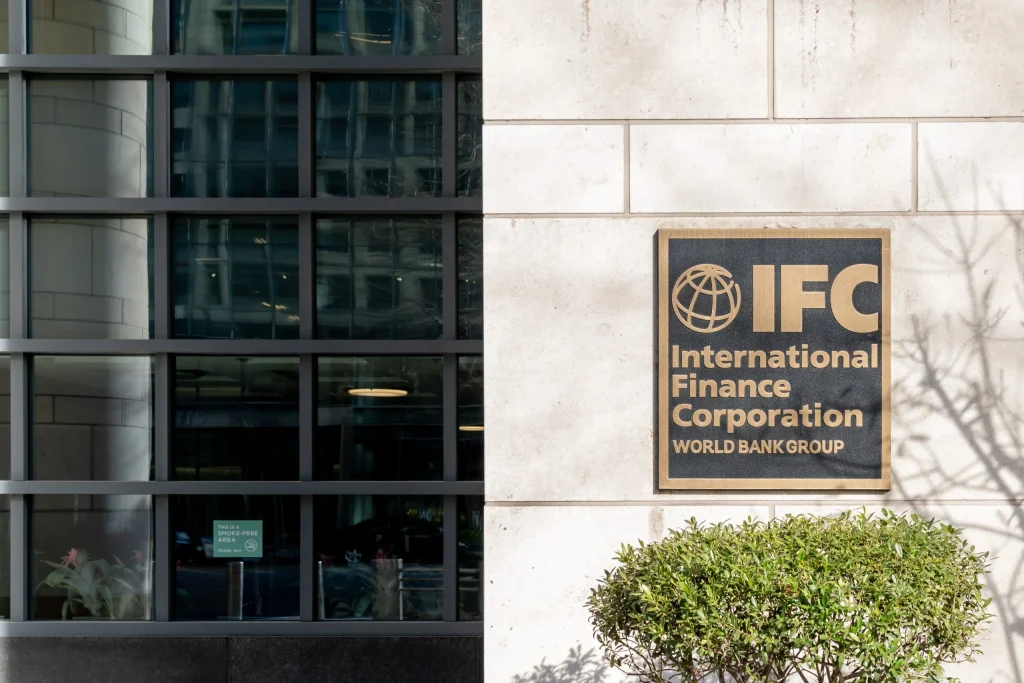Agriculture faces dual challenges: climate vulnerability and high greenhouse gas emissions.
IFC and DFIs are key to unlocking finance and policies that enable scalable agri-tech solutions.
Private sector investment and farmer-level adoption are essential to build resilient food systems.
The global food system is under strain. Extreme weather is cutting into productivity, while agriculture itself remains a major source of greenhouse gases. Addressing these twin challenges requires scaling technologies that can both cut emissions and secure resilient harvests.
The report highlights the role of innovation — from methane-reducing livestock technologies and climate-resilient crop varieties to microbial fertilizers. “Advancing through the innovation cycle — from research and development to scaling up and ensuring adoption at the farmer level — is essential for success,” it states.
Financing is the cornerstone. Breakthroughs in areas like nitrogen fixation need early investment and strong public-private partnerships. Development finance institutions such as IFC are positioned to drive this shift by shaping policies that attract private capital and lower adoption barriers. Through policy advocacy and targeted support, DFIs create the enabling environment for agricultural innovation to grow.
RELATED ARTICLE: IFC Commits $100M to TPG’s Climate Investment Push in Global South
“Development finance institutions act as catalysts for these investments, accelerating the transition of technologies through the innovation cycle,” the report underscores.
Private sector players are equally vital — not only to scale out innovations across geographies but also to scale up adoption among farmers, especially in emerging markets. As solutions progress, the interplay between policymakers, DFIs, and private capital becomes central to transforming agriculture into a more sustainable and resilient system.
Follow ESG News on LinkedIn

